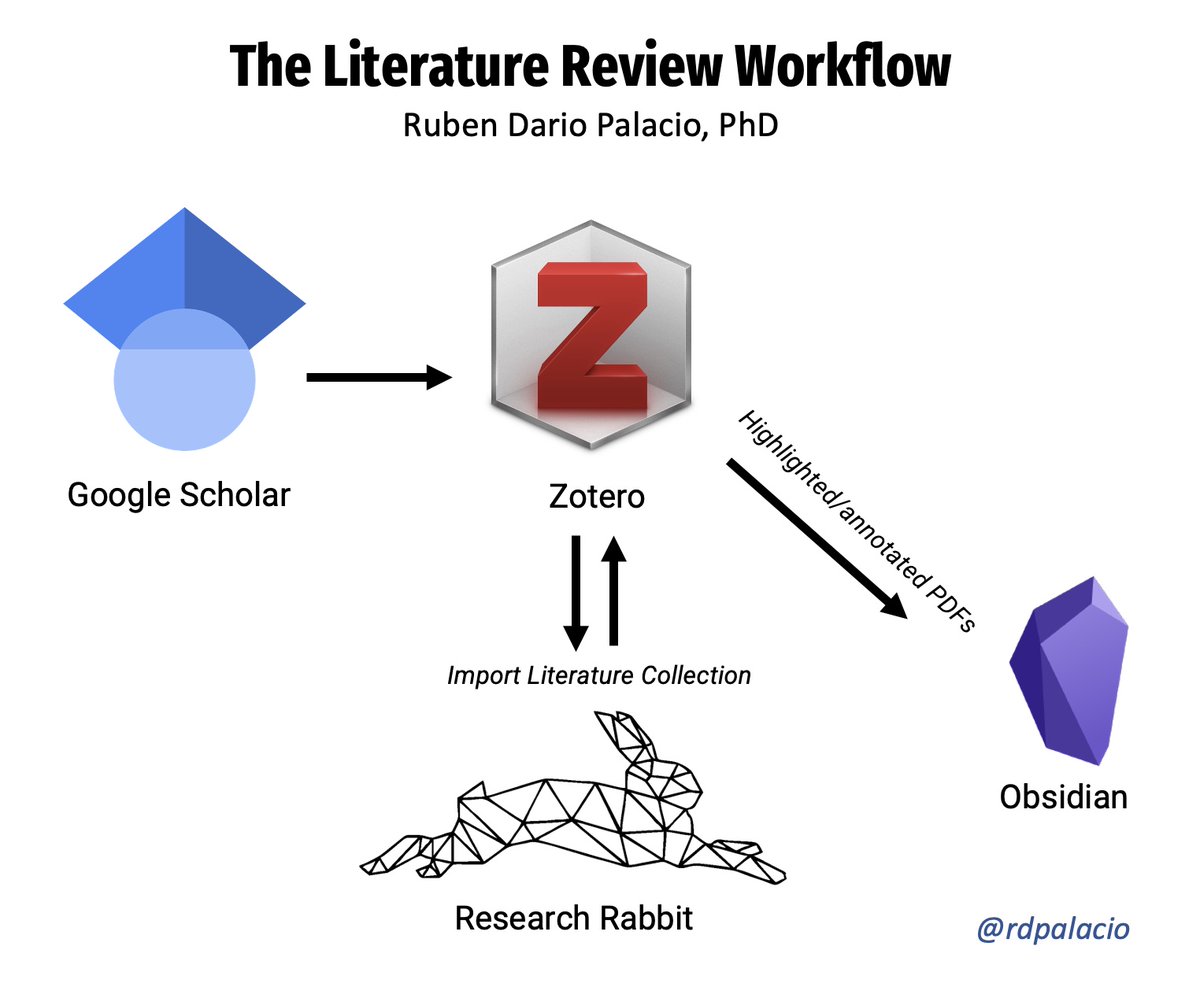
🇨🇴 Conservation biologist — PhD @DukeU • Alum @FulbrightPrgrm • Founder & director https://t.co/D0nuWHOeTL • Leading the #RewildingtheClouds initiative.
5 subscribers
How to get URL link on X (Twitter) App


 1. Drop modesty.
1. Drop modesty.

 I started my Ph.D. under Prof. Stuart Pimm, a leading academic in conservation.
I started my Ph.D. under Prof. Stuart Pimm, a leading academic in conservation.


 Most of the IUCN Range maps are expert-drawn and are not updated based on occurrence records.
Most of the IUCN Range maps are expert-drawn and are not updated based on occurrence records.










 1. In this thread you will learn how to:
1. In this thread you will learn how to:
 We were fresh out of college and lived in the same neighborhood (Cali, Colombia)
We were fresh out of college and lived in the same neighborhood (Cali, Colombia)